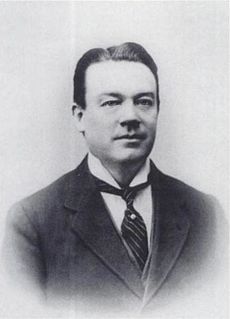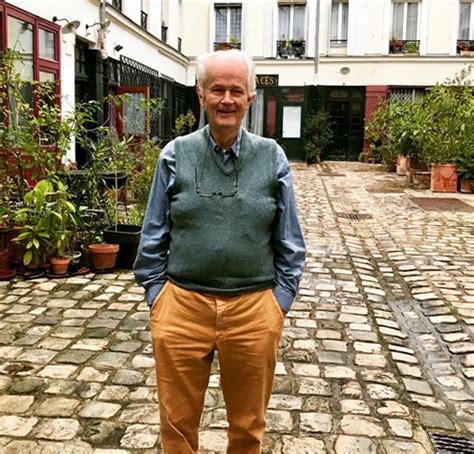A Quote by Bill Gaede
A relativist is an individual who doesn't know the difference between an adjective and an adverb.
Quote Topics
Related Quotes
Mothers know the difference between a broth and a consommé. And the difference between damask and chintz. And the difference between vinyl and Naugahyde. And the difference between a house and a home. And the difference between a romantic and a stalker. And the difference between a rock and a hard place.
The absolutist lays down the law, but the relativist hears only roaring and bawling. Or, when the relativist voice, as it is heard from philosophers such as Nietzsche or James, itself starts to grate and sounds shrill, as it often does, and when the relativist then offers concessions, the absolutist hears only insincerity. The war of words can often turn into a dialogue of the deaf, and this too if part of its power to arouse outrage and fury.
If I have one message to give to the secular American people, it's that the world is not divided into countries. The world is not divided between East and West. You are American, I am Iranian, we don't know each other, but we talk together and we understand each other perfectly. The difference between you and your government is much bigger than the difference between you and me. And the difference between me and my government is much bigger than the difference between me and you. And our governments are very much the same.
Probably the best way to describe my writing style is to refer you to "purple prose", which was a tag given to the early mass market magazine writers earning a half cent a word for their fiction. They had to use every adjective, verb and adverb in the English language to add word count to stories in order to feed and support families.




































